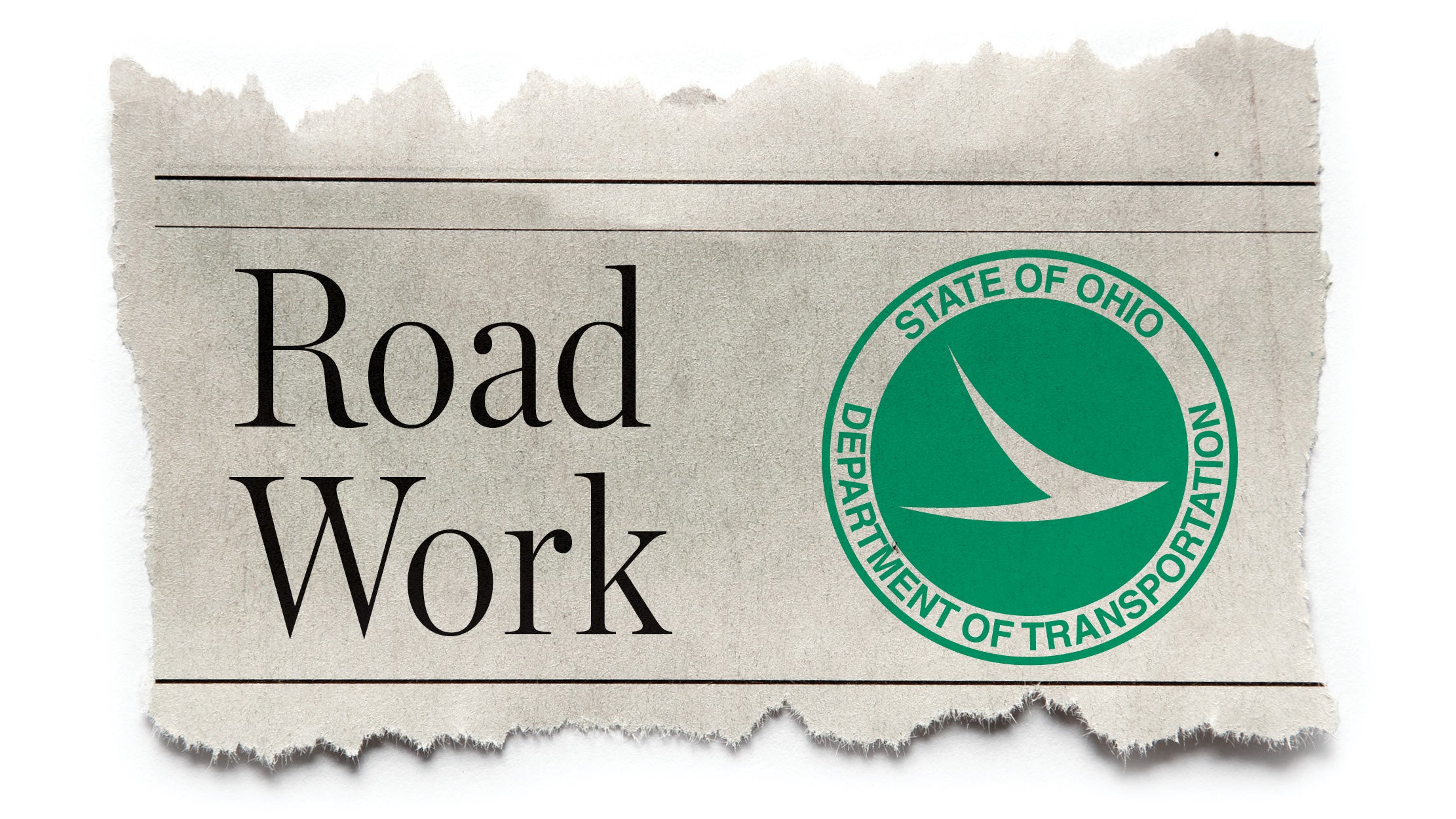Area Agency on Aging encourages fire safety, prevention
Published 9:59 am Monday, January 10, 2011
While fire safety is important at every stage of life, this becomes especially important for senior citizens. Having a fire prevention and response plan is crucial for older adults because of changes that come along with aging and impaired health.
According to the National Fire Protection Association, adults over 65 years old are twice as likely to die in a fire and those over 85 are four times more likely.
The Area Agency on Aging District 7 encourages the public to be fire safe and fire smart at all times of the year, but especially during the winter season when the use of heating elements increases.
Note the following advice about fire prevention:
Safe cooking
• Always watch stove top items and turn off burners if you must walk away – even for a minute.
• Turn handles of pots and pans toward the back to avoid accidentally knocking them over.
• Avoid loose-fitting and dangling clothing on your arms and chest while you cook.
• Keep flammable materials like towels, potholders, papers, etc., away from heating appliances.
• Use a timer to remind you that the oven is in use.
• If you do not feel safe cooking, contact the Area Agency on Aging toll-free at 1-800-582-7277 for more information about home-delivered meals or other meal preparation assistance.
Safe electrical equipment
• Unplug small appliances like toasters and can openers after each use.
• If an appliance appears to be malfunctioning, have it checked and repaired before using again.
• Be sure that electrical cords and any extension cords are in proper working condition.
• Be sure outlets are not overloaded.
Safe heating
• Do not use your oven to heat your home.
• If you use electric space heaters, be sure the electrical cords are in good condition and the outlet can handle the load.
• Do not share an outlet used by a heater with any other device.
• Avoid using extension cords with heaters.
• Never leave a heater on when you are not in the room or when you go to sleep. Unplug the heater when you are not using it.
• Use only the correct fuel in kerosene heaters to avoid fire or explosion, and be sure to let the heater cool before refueling. Store and handle the fuel safely
• Be sure fireplace flues are clear and always use a screen to deflect sparks.
• Never use gasoline or lighter fluid to start a fire.
• Burn only dry, seasoned wood and dispose of the cooled ashes in a closed metal container outside and away from your home.
• Keep combustible materials like blankets and clothing at least three feet away from any heat sources.
Safe decorating
• The use of candles and other open flames requires direct and constant supervision.
• Keep flammable materials at least three feet away and extinguish flames before leaving a room.
• For electrical decorations, avoid extension cords and overloading outlets.
• Turn off and unplug electrical decorations overnight and when you will not be home.
Note the following fire preparation tips:
Install smoke detectors
• One on each level of your home and in all sleeping areas.
• Test monthly.
• Change the batteries every six months.
• Use only deep-seated ashtrays
• If you or others in your home must smoke, keep smoking materials away from combustible materials and wet them before disposing of them.
• Never smoke while lying down, tired, or taking medications that cause drowsiness.
• Always turn off medical oxygen while someone in the house is smoking, then turn it back on after they have finished.
Develop and practice a fire evacuation plan
• Identify at least two ways to get out and review safety steps like checking closed doors for heat before opening, using your emergency alert device if you have one, and crawling on the floor below the smoke.
If you require assistance getting out of the house
• Close the door to your room, stay near a window, and stay on the phone with rescuers.
• Alert your local fire department prior to a fire that you may be unable to evacuate without assistance in the event of a fire this will keep you and your rescuers safe.
More information about fire prevention and safety can be found on the State Fire Marshal’s website at www.com.ohio.gov/fire.





